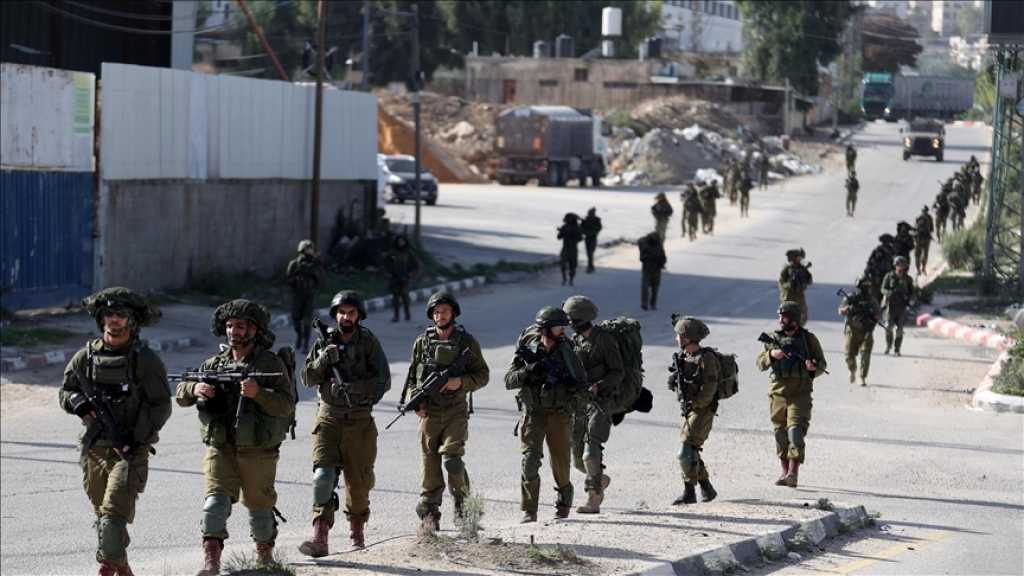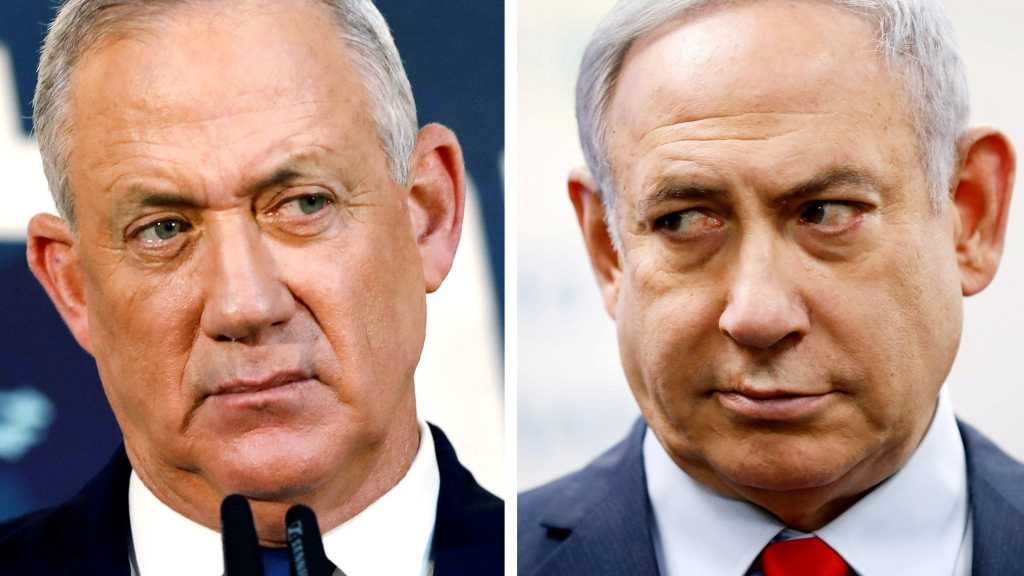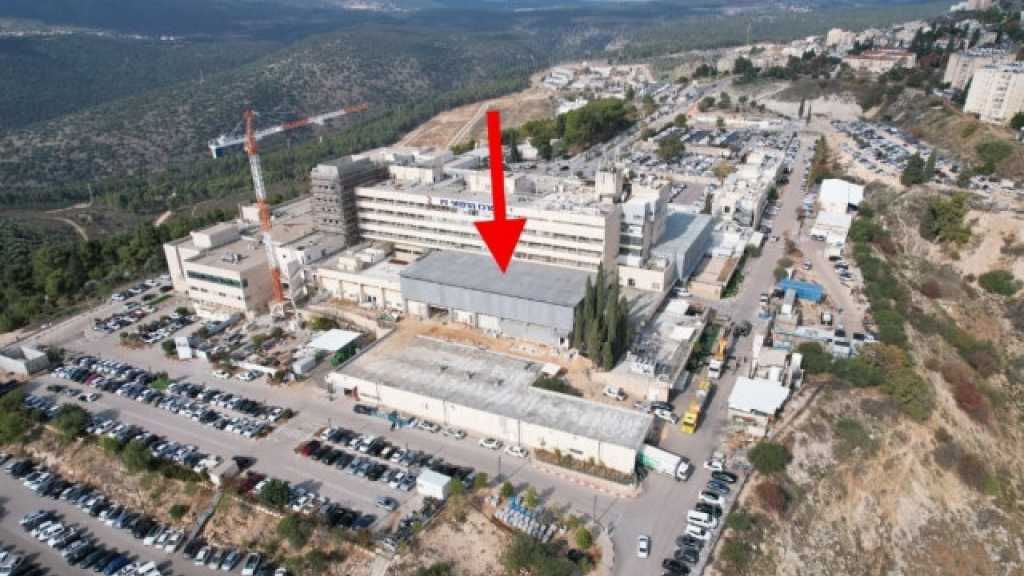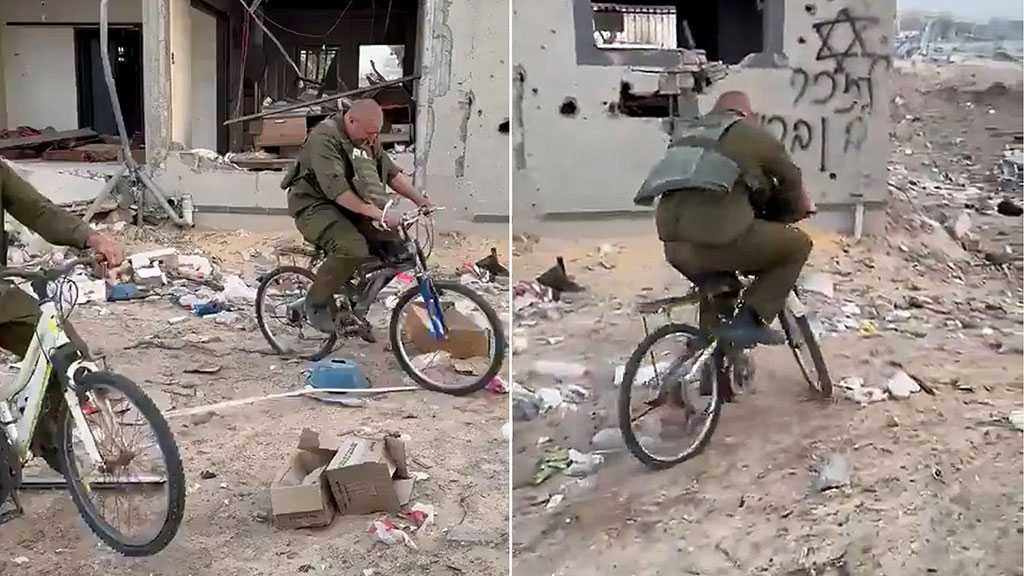
20 Years After Its Lebanon Pullout, “Israel” Still Fear A Ground Invasion by Hezbollah
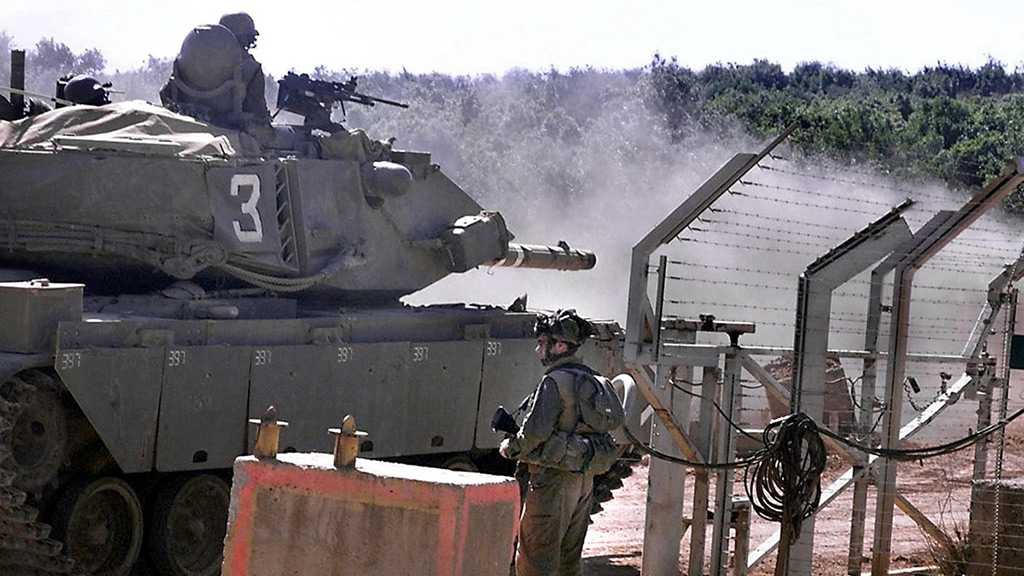
By Staff, JPost
It’s been over 20 years since the “Israeli” entity withdrew from the “security belt” and more 14 years since the 2006 Second Lebanon War. It’s been a decade of relative quiet along this explosive border with only isolated incidents, and many feel that the entity’s withdrawal was the right decision, saving the lives of countless soldiers.
But others say that with the withdrawal, “Israel” lost its deterrence and gave Hezbollah the ability to grow from a guerilla group into an army with over 130,000 missiles and rockets, some of them aimed at the entity. Many others say that the withdrawal propelled Palestinian resistance groups in the occupied West Bank to launch the bloody Second Intifada after they saw how Hezbollah ousted “Israel” from Lebanon.
While Hezbollah, then a revolutionary group, was not as strong or organized as it is today, it knew the lay of the land and was able to build up its firepower, using snipers, rockets and other arms against “Israeli” Occupation Forces [IOF] troops. Dozens of attacks took place during the years “Israel” occupied south Lebanon.
Though official numbers put IOF casualties at 256, with roughly two dozen soldiers killed per year, the unofficial number stands at 675.
Two decades after “Israel’s” withdrawal from Lebanon, the forgotten, nameless war has once again grabbed headlines and made its way into public awareness. Men who served there are telling their stories, opening up old wounds on Facebook pages and other social media outlets.
“There was a sort of cognitive dissonance regarding the withdrawal,” Lt.-Col. (Ret.) Sarit Zehavi said.
“On the one hand, there was a lot of anger directed against Four Mothers [an anti-war movement which led the calls for withdrawal from Lebanon, but to see the pictures of soldiers leaving Lebanon made many people really happy,” she said as we drove along the border.
While Zehavi was not serving in the IOF during the withdrawal, she refers to herself and her peers as “the generation of Lebanon,” saying that the open wounds from the 15 years spent there have not disappeared for the troops who lost friends on an almost daily basis.
Many senior IOF officers say that Hezbollah is not interested in another war right now. But others warn that the Resistance group is itching for another battle.
“They want war,” said one officer who has been stationed along the border with Lebanon for several years. “They gained a lot of experience in Syria and now they have returned to the border area because they are preparing for war with ‘Israel’.”
According to him, armed Hezbollah operatives used to come to the border in uniforms until 2006.
And the next war will be no walk in the park.
While the primary threat posed by Hezbollah remains its missile arsenal, the IOF believes that the next war will see the group trying to bring the fight to the home front by infiltrating “Israeli” settlements to inflict significant nonmilitary and military casualties.
“An infiltration by the group in 2020 will see a battalion or brigade’s worth of Hezbollah fighters, not just several people,” Zehavi said. “And the target won’t be a bus or one family, it will be to overtake a community and/or military post and say ‘We are here. What can you do now?’”
A ground invasion by Hezbollah is of real concern for the “Israeli” entity, which expects to evacuate dozens of settlements that sit along the border with Lebanon.
Hezbollah has gained immeasurable battlefield experience from its time in Syria, learning not only from Iran but from Russian forces in the war-torn country as well.
Comments
